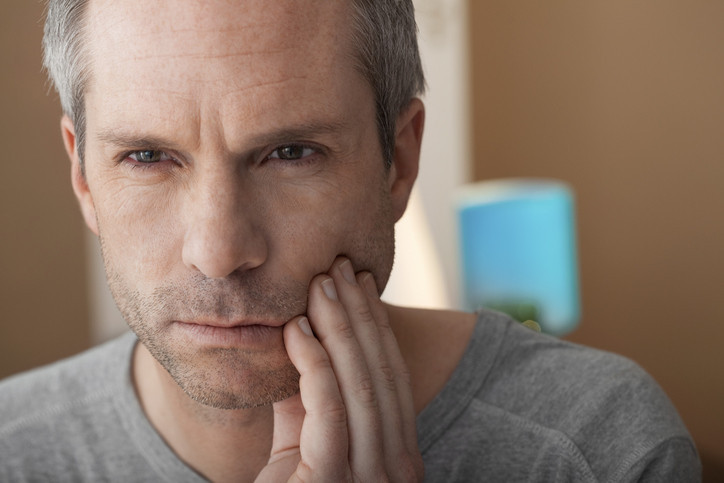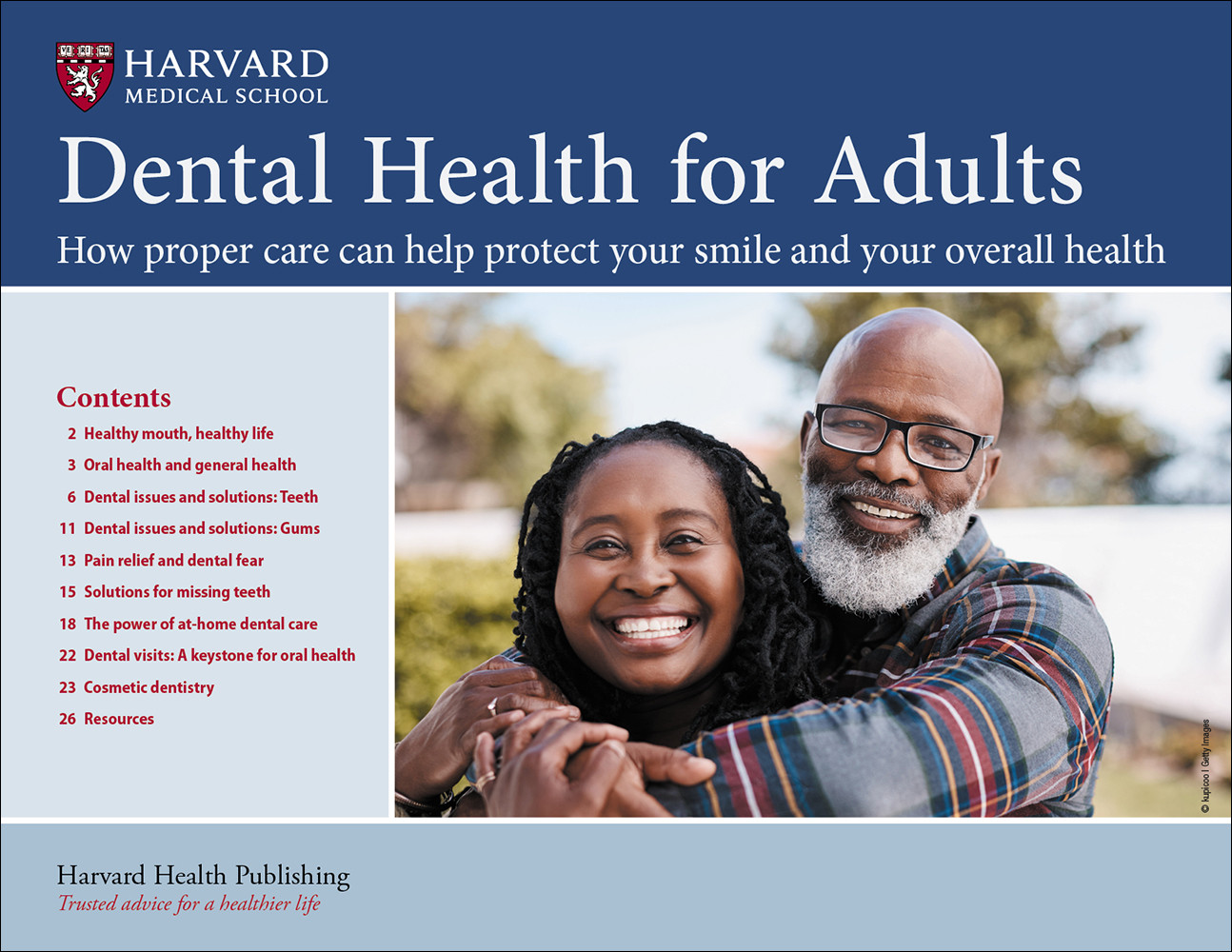How can I stop grinding my teeth when I'm asleep?
Ask the doctors

Q. My partner says it looks like I grind my teeth while I'm sleeping. How can I tell for sure, and what can I do about it?
A. Nighttime teeth-grinding is common, but it can be difficult to detect this unconscious habit because you're, well, unconscious. If your sleep partner doesn't happen to tell you about facial movements that look like you're grinding your teeth, you might figure it out after you wake up with jaw pain, sore or sensitive teeth, neck pain, or a headache or earache.
If teeth-grinding continues for months or years, it can lead to sore gums; loose or broken teeth; or jaw clicking and pain, along with difficulty chewing. Clearly, it's not something you should ignore.
The first step to address teeth-grinding (also called bruxism) is visiting a dentist. After examining your mouth and jaw to confirm the problem, she can devise a solution that may include
- a fitted mouth guard to prevent your teeth from rubbing together
- a short-term course of prescription muscle relaxants
- relaxation training or techniques to lower anxiety and stress levels.
Image: © BSIP/Getty Images
About the Authors

Toni Golen, MD, Editor in Chief, Harvard Women's Health Watch; Editorial Advisory Board Member, Harvard Health Publishing; Contributor

Hope Ricciotti, MD, Editor at Large, Harvard Women's Health Watch
Disclaimer:
As a service to our readers, Harvard Health Publishing provides access to our library of archived content. Please note the date of last review or update on all articles.
No content on this site, regardless of date, should ever be used as a substitute for direct medical advice from your doctor or other qualified clinician.
















